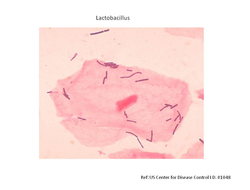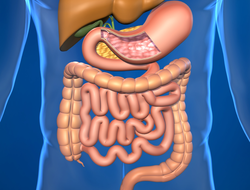Probiotics and prebiotics: A little help from friendly bacteria and the food you eat
Published: July 01, 2022
“Not sure what probiotics or prebiotics are, but I’m told they’re good for you so I’m adding them to my diet”.
How reliable are health claims made about food or nutritional supplements?
Briefly, probiotics are health promoting bacterial cells which are added to certain foods and which can also be bought as nutritional health supplements.
Prebiotics are undigested food components from the food you consume which provide your gut bacteria with nutrition.
Just as you require optimal nutrition to grow and maintain health, to flourish and function gut bacteria require an environment that promotes optimal growth.
Gut bacteria and your body
Bacteria which inhabit your gut are reliant on your body for their nutrients.
Bacteria, such as Lactobacillus acidophilus, naturally inhabit your gut and may have health benefits.
However, does supplementing your diet with the probiotic form of this bacterium or other intestinal bacteria benefit your health?
Trillions of bacterial cells inhabit your body out-numbering your body cells.
Collectively, these bacteria account for more than 8 million genes, which also out number the 23,000 genes attributed to the human genome.
Along with other micro-organisms, such as viruses and fungi, bacteria form a microbiome within and on the surface of your body.
While some bacteria are pathogenic and have the potential to cause infections and disease, a small number of strains of bacteria potentially benefit your health.
Health benefits appear to be strain specific.
For instance, some bacteria which are present externally on your skin produce a form of moisturiser for your skin from the oils that your skin secretes.
Within your body the small intestine is home to the largest collection of bacteria in your body.
Link to the full article to learn more about gut bacteria, probiotics and prebiotic nutrients.
References
1.
Whitney, E. & Rady Rolfes, S. (2005). Understanding Nutrition. Belmont, CA: Thomson Wadsworth
2.
.Gropper, S.S., Smith, J.L. & Groff, J.L. (2005). Advanced Nutrition and Human Metabolism (4thEd.). Belmont, CA: Thomson Wadsworth.
3.
Perry, J.J., Staley, J.T. & Lory, S. (2002). Microbial Life. Sunderland, MA. Sinauer Associates Inc
4.
Centre for Science in the Public Interest (08/2012, 04/2010, 12/2006)


